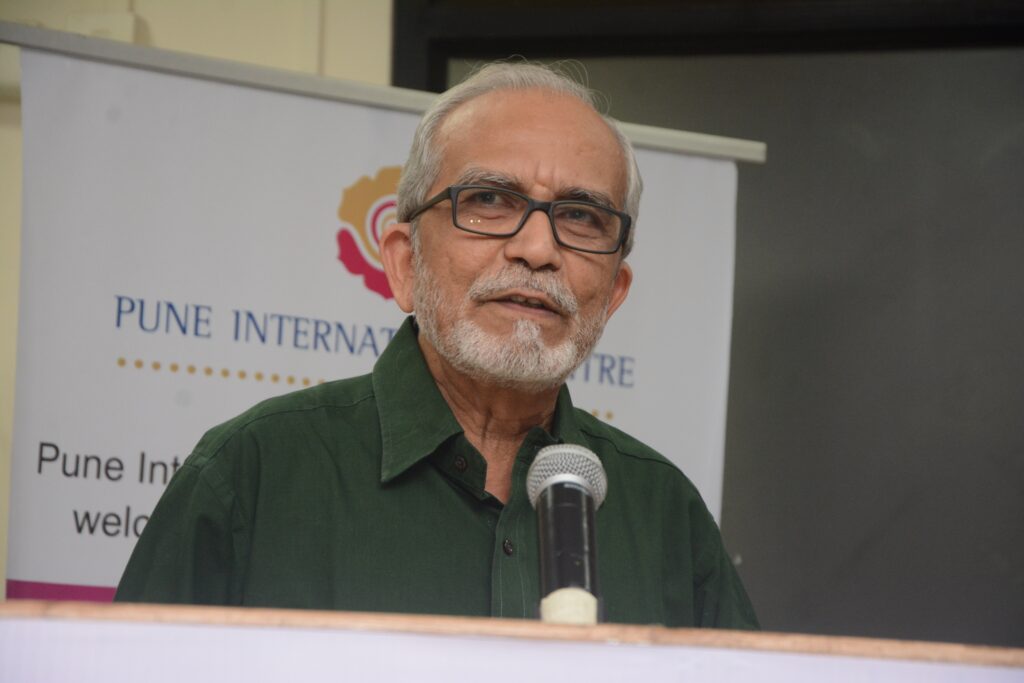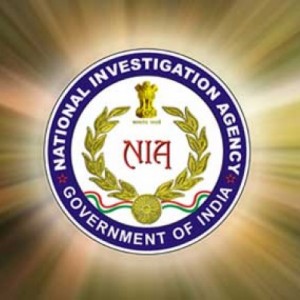Populism and majoritarianism a threat for the democratic country: Prof. Palshikar

????????????????????????????????????
Pune, July 4, 2019: “Populism and majoritarianism can be detrimental to a democratic society,” said Prof. Suhas Palshikar, a Political Commentator.
Palshikar was addressing the audience on the topic- ‘2019 Election -continuity from 2014; departure from past?’ organized by the Pune International Centre (PIC) on Wednesday, July 3rd 2019 at MDC – 5, Yashwantrao Chavan Academy of Development Administration (YASHADA), Baner Road, Pune.
“As per a political survey conducted in 2014-15, it was revealed that close to 16 percent of the people wanted a strong leader who could speak for them and operate without electoral constraints and in 2019, the number rose to almost 40 percent. These leaders chosen by the public act on their own volition and enforce their power on the society. That tendency is called populism,” asserted Palshikar.
The program was presided by Dr. Vijay Kelkar, Vice President, PIC and Prof. Amitay Mallik, Founder member PIC and Prashant Girbane, Honourary Director, PIC.
According to Palshikar,BJP had consolidated its performance in the 2019 general election over the 2014 Lok Saba polls. The BJP’s vote share in the 2019 elections was impressive and the party was able to win about 70% seats it contested.
“In 12 states, the main contest was between the BJP and the Congress. Barring Punjab and Kerala, the BJP outperformed the Congress in almost all states. But he warned that even though the BJP did not win in Kerala, it might breach the bi polarity of the state in future as the state parties are finding difficult to retain seats.
He added saying that the coalition politics became less active in 2014 elections, which continued in 2019 and some schemes, including the Pradhan Matri Kisan Yojana and 10% quota for economically weaker section from general category were announced. “The 2014 election was of critical magnitude as the structure of competition began diminishing. Whatever happened in 2014 got strengthened in 2019 like Narendra Modi’s popularity, inability of Rahul Gandhi and consolidation of Hinduism under BJP, which stressed on Pakistan, terrorism, national policy and stabilization of economy to garner votes.
Besides those belonging to the upper castes, the OBCs too voted for the party in large numbers. However it received 3 to 8 percent lesser votes from women and other non-Hindu castes,” he said.
“In India, the cult of personality dominates our politics. During the five years the BJP created a new sense of ideological power to dominate the elections with new agendas including the slogan ‘Achhe Din’. The party also thrived on majoritarianism, a political philosophy that asserts that a particular community is entitled to a certain degree of primacy in society and has the right to take decisions. The question remains that if this trend continues what would be the shape of political culture of the country in the coming decade,” said Palshikar.






